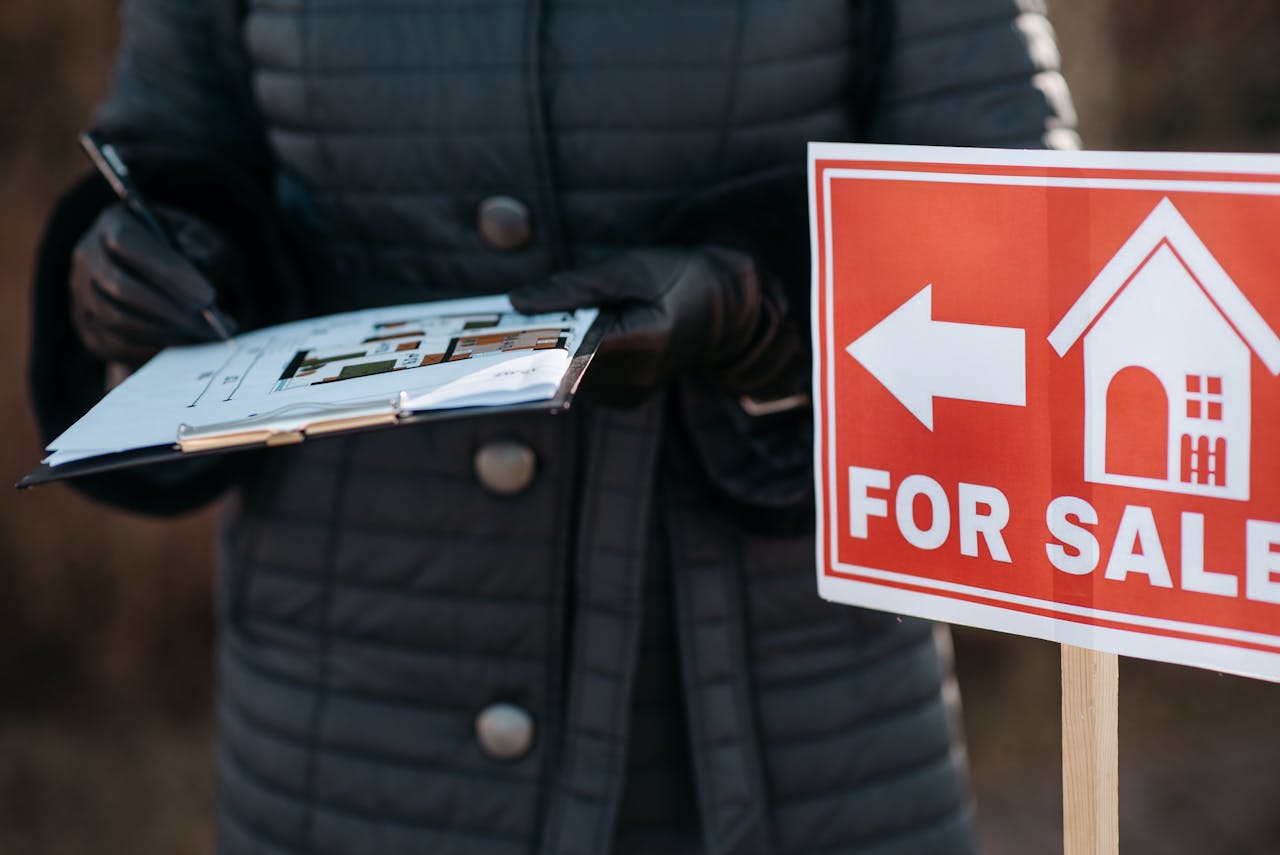When it comes to property management, trust is everything. Property owners expect managers to protect their assets, keep tenants happy, and ensure legal compliance. But what exactly defines good management? That’s where the property management standard of care comes in.
In this guide, we’ll break down what standards of care mean in the property management world, why they matter, and how you can identify a management company that upholds them.
What Is the Standard of Care in Property Management?
The “standard of care” refers to the level of competence, attention, and diligence a reasonable property manager is expected to provide. It’s a benchmark for professional behavior. In legal terms, it’s what a similarly qualified manager would do in the same circumstances.
Failing to meet the property management standard of care can lead to lawsuits, financial losses, and damaged reputations. Meeting or exceeding it builds trust, strengthens tenant relationships, and maximizes ROI for owners.
Key Standards of Care in Property Management
Let’s explore the core principles that define professional, high-quality property management:
1. Fiduciary Responsibility
Property managers often handle other people’s money, security deposits, rent, and maintenance funds. A fiduciary duty means they must act in the client’s best interest. That includes:
- Accurate financial reporting
- Clear accounting practices
- Avoiding conflicts of interest
- Preventing misuse or commingling of funds
2. Legal Compliance
Professional managers must understand and comply with:
- Fair Housing laws
- Local zoning codes
- State landlord-tenant laws
- Health and safety regulations
Failing to follow these laws can expose owners and managers to legal risk.
3. Maintenance and Safety
A core element of the property management standard of care is maintaining safe, habitable conditions:
- Timely repairs
- Preventative maintenance
- Emergency response protocols
Neglecting maintenance is one of the fastest ways to lose tenants and invite lawsuits.
4. Effective Communication
Great managers are proactive communicators. They:
- Respond promptly to tenant inquiries
- Keep owners informed
- Provide updates on property performance
- Set clear expectations with all stakeholders
5. Tenant Screening and Retention
High standards mean more than just filling vacancies. They include:
- Thorough background and credit checks
- Fair and consistent leasing practices
- Respectful, legal evictions when necessary
- Building long-term tenant relationships
6. Vendor Management
Reliable vendors are crucial. Good property managers:
- Vet contractors and service providers
- Monitor quality of work
- Ensure proper insurance and licensing
7. Record Keeping and Documentation
Documentation protects everyone. It includes:
- Lease agreements
- Maintenance records
- Financial statements
- Inspection reports
Thorough records help resolve disputes and demonstrate a manager’s professionalism.
Why the Standard of Care Matters
The property management standard of care isn’t just theory. It has real-world impacts:
- Protects assets: Well-maintained properties last longer and retain value.
- Reduces risk: Legal compliance minimizes the chance of lawsuits.
- Improves returns: Happy tenants stay longer, reducing turnover costs.
- Builds reputation: Owners and tenants spread the word about great service.
In competitive rental markets, the standard of care can make or break your bottom line.
What Happens When Standards Aren’t Met?
When managers fall short:
- Repairs are delayed
- Tenants leave
- Legal violations occur
- Property values decline
In some cases, owners can sue for negligence or breach of contract. For managers, reputational damage can be irreversible.
How to Choose a Property Manager That Meets High Standards
Not all property managers are created equal. Here’s what to look for:
Ask These Questions:
- Are you licensed and insured?
- How do you handle tenant communication?
- What is your maintenance response time?
- Can I see sample financial reports?
- How do you stay compliant with laws?
Check Reviews and References
Online reviews and past client testimonials can reveal a lot about a manager’s service quality.
Look for Industry Certifications
Organizations like NARPM (National Association of Residential Property Managers) offer training and certifications. These credentials show a commitment to best practices.
Review Their Contract
Make sure their responsibilities are clearly spelled out. Watch for red flags like vague language or unclear fee structures.
How Managers Can Elevate Their Standard of Care
If you’re a property manager, staying ahead means constant improvement:
- Stay educated: Laws and market conditions change. Keep learning.
- Invest in technology: Use property management software to streamline operations.
- Improve communication: Automate rent reminders, maintenance updates, and more.
- Build strong vendor relationships: Quality work starts with reliable partners.
- Track performance: Use KPIs (Key Performance Indicators) to measure success.
Final Thoughts
In property management, the “standard of care” isn’t just a buzzword—it’s a professional obligation. Whether you own one rental or manage hundreds, upholding these standards protects your investment, enhances tenant satisfaction, and strengthens your business.
The best property managers don’t just meet expectations—they set new ones. If you’re serious about results, work with a team that holds the property management standard of care as its foundation.



